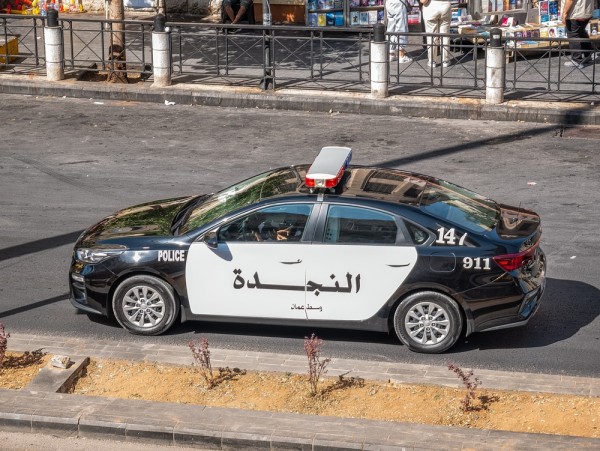Local Journalism Project Case Study: Radio Al Balad (Jordan)
The backstory:
Radio Al Balad was launched as AmmanNet radio in 2000 with online audio reports, news bulletins, and a variety of programming. It began broadcasting terrestrially in the Amman metropolitan area in 2005 after the King issued a temporary law authorizing terrestrial broadcasts. Known as Radio Al Balad since 2008, the community broadcaster is now the only independent radio station whose audience is spread across the country. It covers human rights and community-centered stories that serve the Jordanian people.
Audience:
Radio Al Balad has a widespread audience across Jordan that seeks coverage on human rights and government accountability. Radio Al Balad also provides learning opportunities for local, regional, and international groups on humanizing the news and community radio training.
Value proposition:
Radio Al Balad is focused on creating a more democratic society through the topics it covers, including minority issues and issues related to women, refugees, and labour. Radio Al Balad says it challenges societal stereotypes by training hundreds of women to become community journalists across the urban-rural divide.
Product and distribution:
Radio Al Balad distributes audio content via radio as well as via AmmanNet and social media.
The team:
Radio Al Balad has a network of journalists that they’ve trained – including many women and young people to match their reporting priorities – located across different governorates throughout Jordan. They collaborate with them to explore how issues affect different local communities. The resulting diversity of the journalists themselves matches the diversity of the journalism that is produced.
The radio also led a programme to empower women from Al Zarqa region in Jordan using media and journalism training to train more than 70 women. Another project focused on training women across Jordan, which also brought to light important issues facing Jordanian women, especially in marginalized communities.
Business model:
Radio Al Balad is entirely donor-funded, with funding from the EU and the U.S. as well as local civil society actors. They struggle financially due to their independence.
Trust/misinformation:
Radio Al Balad says it is trusted by audiences because they are the only radio in the country that is totally independent. They train their journalists to cross-reference facts and make sure they are reporting the whole story.
Ask them about:
The project where they trained hundreds of women to report on their communities across the country and how such programmes can be used to cover more remote areas.
In their words:
“That’s why we are facing a lot of funding problems at Radio Al Balad, because we are totally independent, we’re trying to have space for everybody, everyone in the whole country.”
“For example, when we have a huge event in the governorate, like an election, or something happened in the south or north or east or west, we talk with them (local reporters) and they give us a small report about it.”
Source for information and views in this case study: Interview with Etaf Roudan, director, Radio Al Balad.
This story is part of IPI’s Local Journalism Project. The publication of these case studies – part of IPI’s wider work mapping, networking and supporting quality innovative media serving local communities – is supported by the Friedrich Naumann Foundation.



